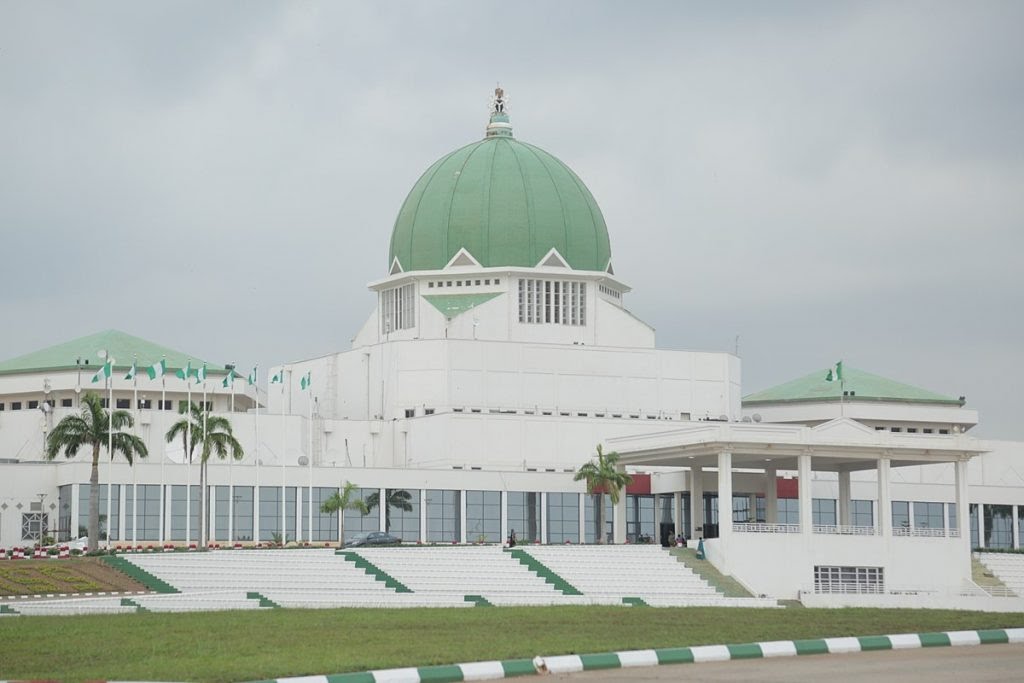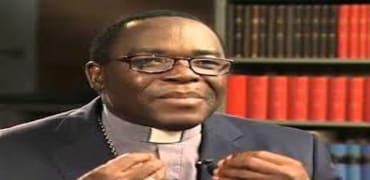Nigeria's 2025 Budget Faces Massive Challenges, Stakeholders Warn Of Underperformance
"2025 Budget Faces Massive Challenges, Stakeholders Warn of Underperformance"
By Achimi Muktar
As Nigeria prepares to unveil its 2025 budget of N47.9 trillion, economic experts are raising alarm over its ambitious projections, cautioning that the proposed budget may fall short of expectations.
The Nigerian government has pegged the naira exchange rate at N1,400 to the dollar, while also basing the budget on a crude oil benchmark of $75 per barrel. However, the global economic landscape is shifting, and these assumptions may prove overly optimistic.
The Trump Factor: Oil and Dollar Dynamics
Senior Market Analyst at FTXM, Lukman Otunuga, has expressed concerns that the economic policies of newly-elected U.S. President Donald Trump could disrupt Nigeria’s financial stability. Trump’s emphasis on boosting domestic oil production in the U.S. may increase global supply, potentially pushing oil prices down and strengthening the U.S. dollar.
Otunuga explained that if Trump’s policies lead to higher U.S. economic growth, inflation could rise, and the Federal Reserve might keep interest rates elevated. This, in turn, would strengthen the dollar and depress oil prices—an unfortunate scenario for Nigeria, which depends heavily on oil revenue. The combination of weaker oil prices and a stronger dollar could deepen Nigeria's economic woes, he warned.
Realities of Nigeria’s Oil Production
Despite the government's confidence in the proposed budget, there are growing doubts about Nigeria’s oil production targets. Minister of Budget and Economic Planning, Atiku Bagudu, confirmed a production goal of 2.06 million barrels per day for 2025, but current figures tell a different story. As of September 2024, Nigeria’s crude oil production had plateaued at 1.52 million barrels per day, down from 1.6 million barrels per day earlier in the year. This marks a continued decline from pre-pandemic levels, further complicating the budget’s projections.
Historically, Nigeria’s oil output has fallen since the pandemic, from 1.83 million barrels per day in 2020 to just 1.47 million barrels per day in 2023. With such a trend, achieving the ambitious oil production target for 2025 may prove increasingly difficult.
The Debt Dilemma
Another red flag for the 2025 budget is the country’s rising debt burden. Investment banker Tajudeen Olayinka highlighted Nigeria’s “high debt service to revenue ratio” as a key concern. Olayinka acknowledged that borrowing could provide short-term solutions if invested in productive projects but warned that poorly managed debt could exacerbate Nigeria’s fiscal problems in the long run.
The budget includes new borrowings of N9.2 trillion to cover the deficit, but with the economy already burdened by high interest rates and a high cost of capital, the government’s fiscal challenges are compounded.
Unrealistic Exchange Rate and Oil Assumptions
The Lagos Chamber of Commerce and Industry (LCCI) has also weighed in, criticizing the government’s N1,400 exchange rate assumption for the naira. LCCI Director-General Chinyere Almona urged a reassessment of these projections, citing the economic pressures of high inflation and exchange rate volatility.
Economist and sustainability expert Marcel Okeke echoed these concerns, pointing out that Nigeria’s growing debt load risks pushing the country into a "bottomless pit." Okeke also questioned the prioritization of infrastructure projects like the Lagos-Calabar coastline road, arguing that the focus should be on repairing existing infrastructure before committing to new, expensive projects. He stressed that the N1,400 foreign exchange rate is unrealistic, suggesting that a more reasonable figure would be closer to N1,600, the current market rate.
The Road Ahead: A Tough Battle for Fiscal Stability
The government’s projections for the 2025 budget have sparked intense debate. While officials remain hopeful that the budget will achieve its objectives, stakeholders are urging caution, emphasizing the risks posed by falling oil prices, a stronger U.S. dollar, and the country’s escalating debt burden.
As Nigeria looks to navigate these turbulent economic waters, the 2025 budget may face significant challenges in delivering on its promises. With so much at stake, it remains to be seen how the government will address these concerns and adapt its fiscal strategy to meet the reality on the ground.




















